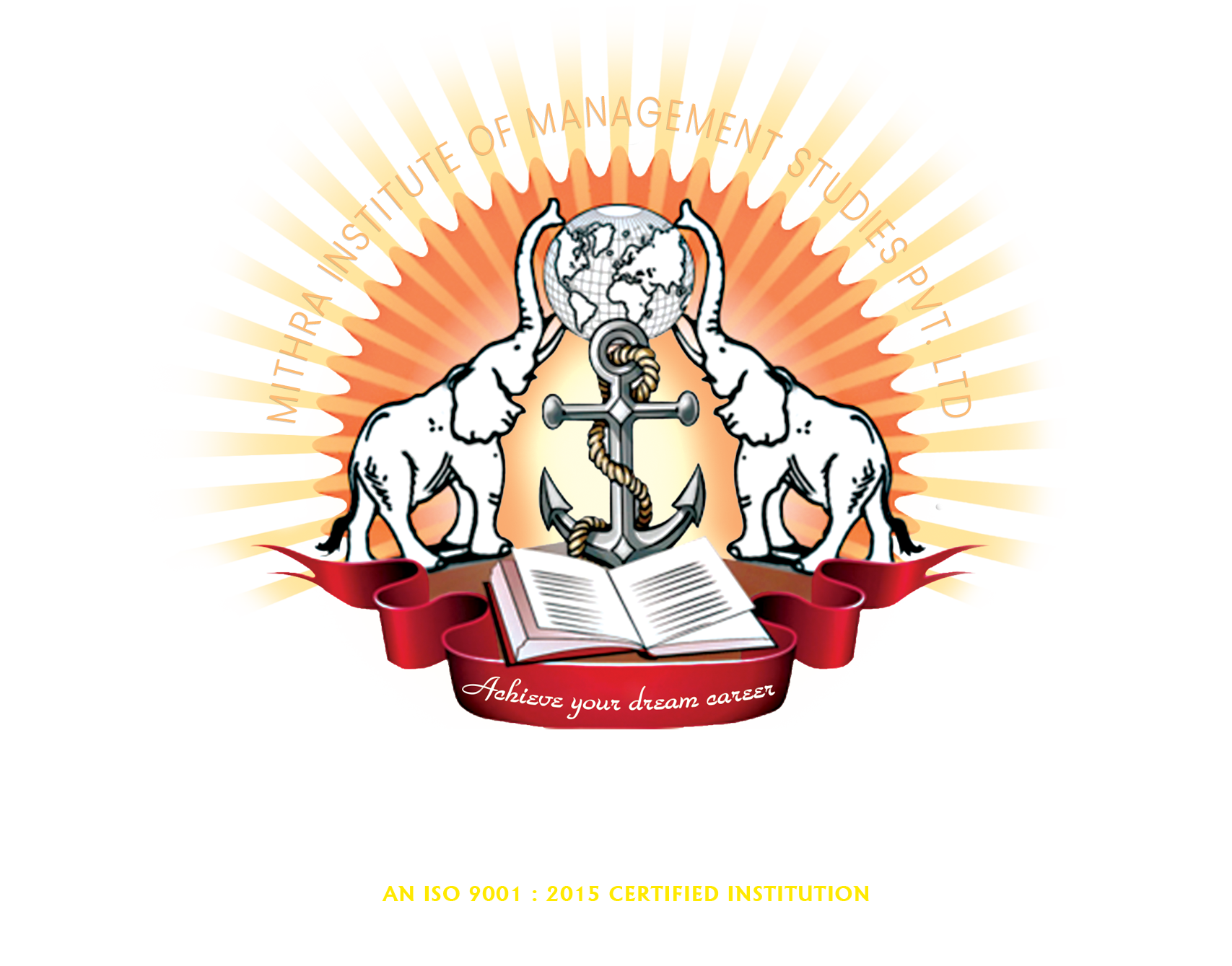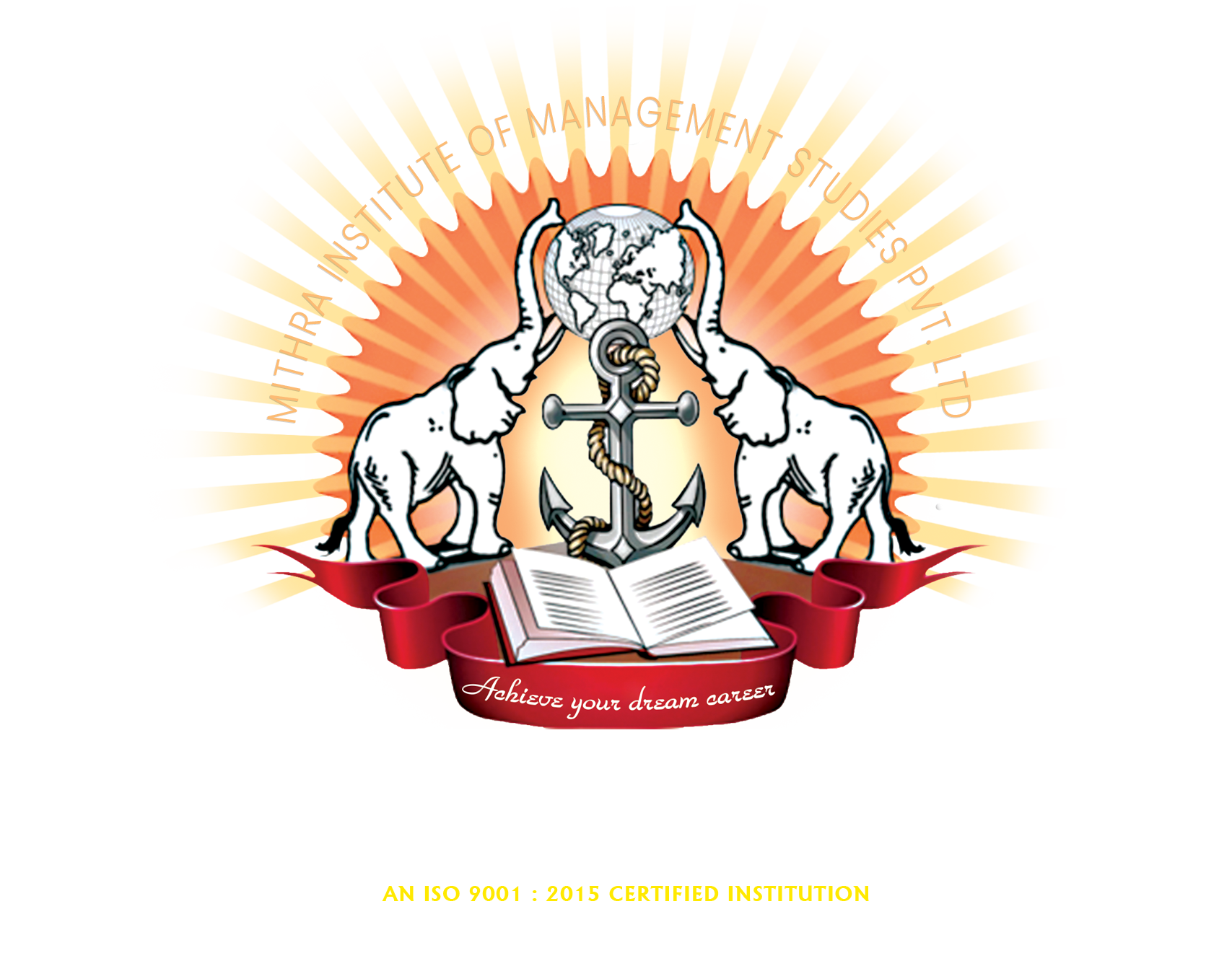The Importance of Logistics and Supply Chain Management in Shaping a Business
In today’s highly competitive business environment, logistics and supply chain management (SCM) are critical to a company’s success. Effective supply chain management ensures that commodities flow smoothly from suppliers to customers, which has a direct impact on a company’s productivity, customer happiness, and profitability. As businesses strive to streamline operations and improve customer experiences, the importance of talented logistics workers has become clear. Enrolling in specialized logistics courses from a respected logistics institute can help individuals and organizations prosper in this fast-paced industry.

1. Why Logistics and Supply Chain Management Matter
Logistics and supply chain management (SCM) cover the planning, implementation, and coordination of moving items from point A to point B, ensuring that the correct products arrive at the right time. A well-managed supply chain is vital for meeting business objectives, retaining customer loyalty, and gaining a competitive advantage.
a) Operational Efficiency
Effective logistics and supply chain management reduces delays, lowers inventory costs, and optimizes resource utilization. Businesses, for example, can eliminate surplus stock and save money by using just-in-time (JIT) inventory management while satisfying client expectations. Logistics courses teach professionals how to streamline their operations and increase production.
b) Cost Savings
Efficient supply chains decrease needless expenses such as warehousing, transportation, and labor costs. When firms integrate their logistics strategy with their objectives, they avoid costly bottlenecks and maximize their resources. Trained personnel from a reputable logistics institute can have a big impact on this sector by discovering and implementing cost-cutting strategies.
c) Customer Satisfaction and Retention
Customers want prompt, accurate, and dependable deliveries. Effective SCM enables businesses to exceed these expectations, resulting in increased customer satisfaction. For example, a streamlined supply chain guarantees that products are constantly in stock and ready for quick delivery. This dependability fosters confidence, converting one-time purchases into repeat clients.
2. Core Components of Logistics and Supply Chain Management
Effective logistics and supply chain management are built on a number of important components that work together to ensure efficiency and reliability.
Inventory Management
Knowing what stock is available, where it is, and when to reorder is critical to SCM. Inventory management tools and procedures enable firms to maintain ideal stock levels while avoiding costly overstock or stockouts. Logistics courses address inventory management tactics to help professionals maintain inventory organized and in sync with demand.
Transportation and Distribution
Using effective transportation technologies and improving delivery routes can dramatically cut delivery times and costs. A qualified logistics specialist can create transportation methods that balance speed and cost, increasing delivery reliability while keeping expenses low.
Warehousing and Storage
The efficient organization, storage, and retrieval of commodities is key to effective warehousing. Automation, robotics, and warehouse management systems (WMS) are critical components in expediting these procedures. Logistics courses at a logistics institute frequently cover warehouse best practices, ensuring that professionals can handle storage effectively.
Demand Forecasting and Planning
Accurate forecasting enables organizations to prepare for swings in demand. Data analysis and predictive modeling can help SCM personnel anticipate trends and ensure that inventory levels match consumer demand. Forecasting tools are frequently included in logistics courses, assisting supply chain managers in maintaining balance and avoiding interruptions.
3. The Role of Logistics Courses in Enhancing SCM Skills
Given the complexities of supply chain management, professionals benefit immensely from specialized training. Logistics courses from a recognized logistics college provide the knowledge and tools required to tackle today’s logistics difficulties.
a) Skill Development and Certification
A logistics program provides participants with practical skills as well as industry-recognized certificates. For example, a certification in inventory management or transportation logistics can considerably improve a professional’s employment chances. These certifications not only certify skills, but also instill confidence in implementing best practices in real-world circumstances.
b) Exposure to Industry Trends and Technology
Logistics is fast evolving, with new technologies like artificial intelligence (AI), blockchain, and the Internet of Things (IoT) transforming supply chain management. Logistics courses include various tools and technology, ensuring that participants are up to date on industry developments and understand how to use them to optimize operations.
c) Problem-Solving and Strategic Thinking
SCM workers encounter a variety of issues, including shifting demand and supply chain disruptions. A logistics institute’s courses foster strategic thinking, enabling learners to approach these difficulties proactively and find solutions that minimize disruptions. They learn to foresee problems, devise backup plans, and make data-driven decisions that are consistent with corporate objectives.
4. Logistics and SCM as a Competitive Advantage
A well-executed logistics and supply chain strategy provides a major competitive advantage. Here’s how it can help your business:
Rapid Response to Market Changes
Businesses that implement good SCM can swiftly react to changes in demand, client preferences, and supply chain interruptions. Skilled logistics experts recognize the value of flexibility and response, allowing the organization to pivot rapidly without sacrificing efficiency.
Better Supplier Relationships
Strong SCM methods require tight engagement with suppliers. Businesses with effective supply chains build strong connections with their suppliers, which can lead to preferential pricing, priority delivery, and other benefits. These partnerships, built on mutual trust and dependability, provide a strong supply chain.
Reduced Environmental Impact
SCM plays an important role in helping firms accomplish their sustainability goals. Logistics may help supply chains become more environmentally friendly by lowering transportation emissions and employing eco-friendly packaging. Logistics courses are increasingly emphasizing sustainable practices, assisting professionals in developing eco-friendly methods that correspond with customer expectations and business responsibilities.
5. Choosing the Right Logistics Institute
With a high demand for SCM skills, selecting the best logistics institute is critical. Seek out universities that have a thorough curriculum, skilled professors, and recognized certificates. Some of the best logistics courses involve real-world applications, providing learners with hands-on experience that allows them to use what they learn right away. Flexible choices, such as online or hybrid learning, can also help professionals reconcile education and work.
6. Conclusion: Shaping Business Success Through Logistics and SCM
Logistics and supply chain management are critical to determining a company’s success. From improving operational efficiency to assuring customer happiness, a well-optimized supply chain is critical to accomplishing corporate objectives. As the market becomes more competitive, skilled SCM specialists are in higher demand than ever.
Enrolling in logistics courses from a recognized logistics college might be the first step toward making a significant difference. Whether you want to improve operations, cut costs, or use new technology, logistics and SCM training provides vital insights and tools for success. By investing in logistics knowledge, organizations acquire the agility, dependability, and resilience required to compete in today’s market.

